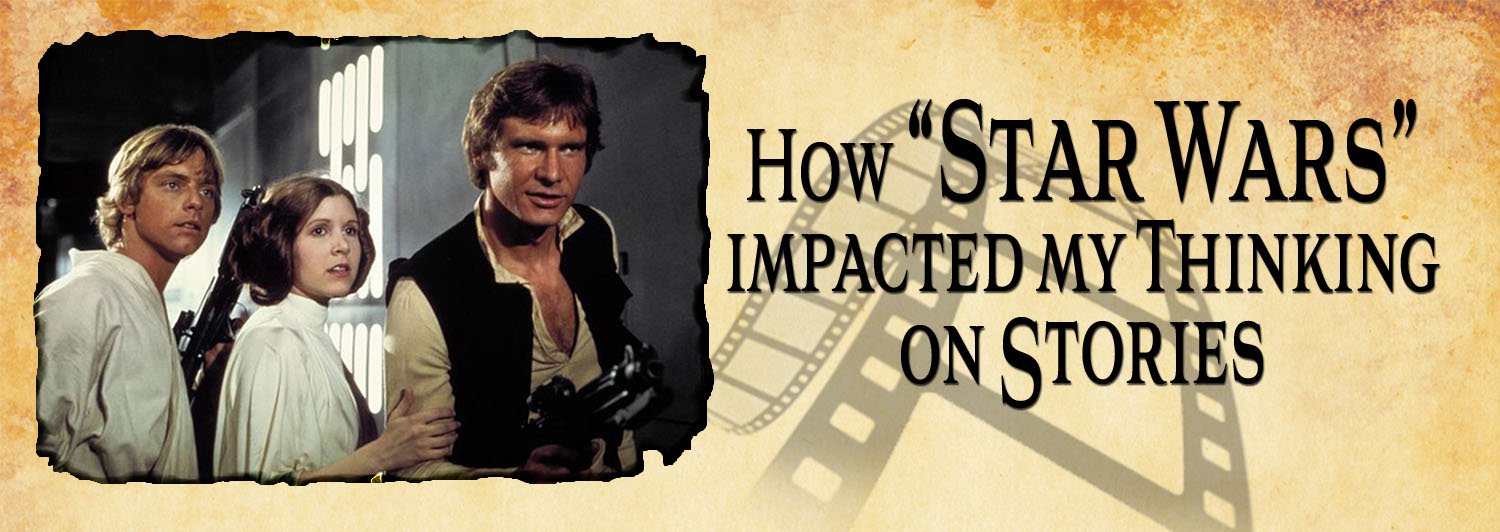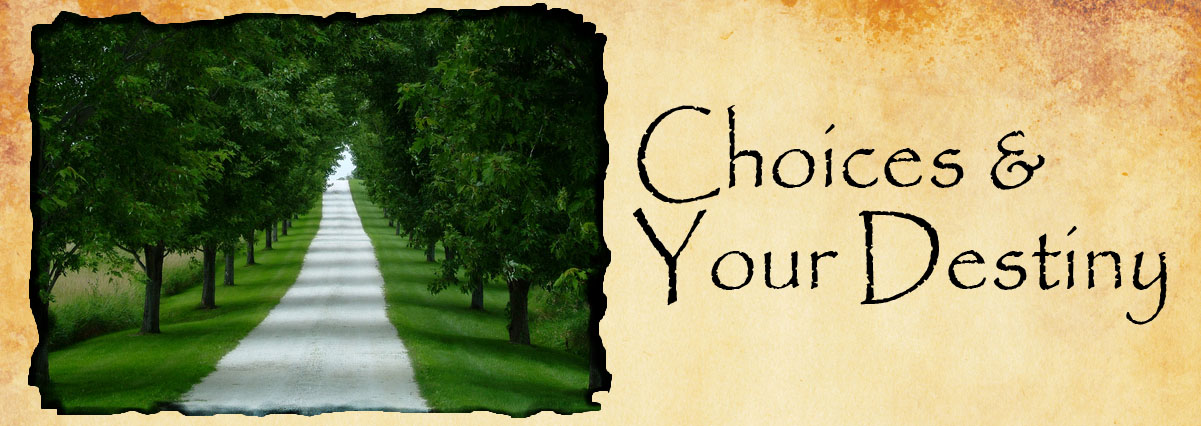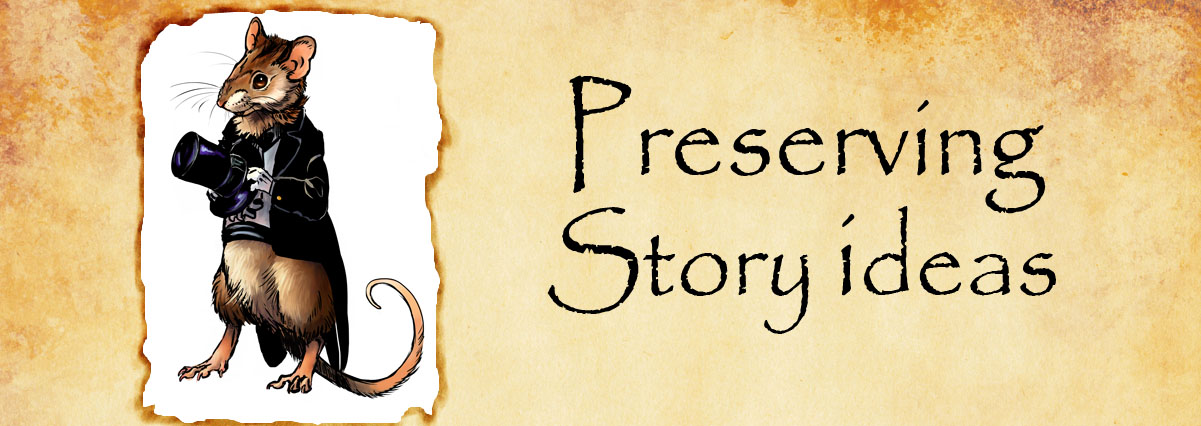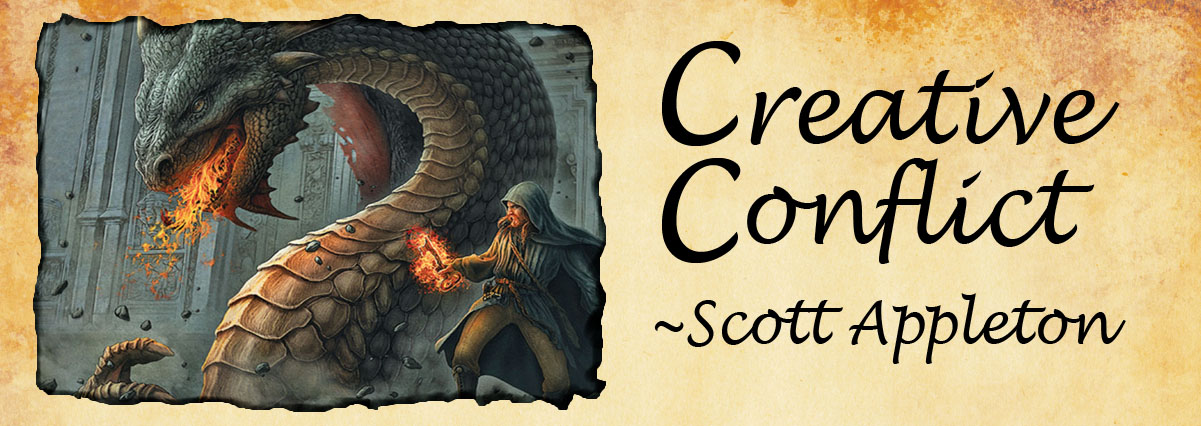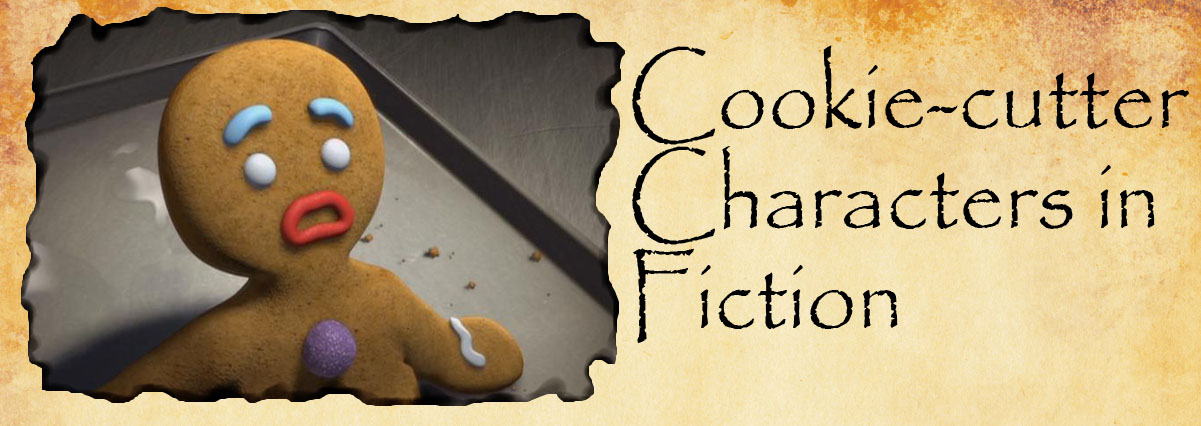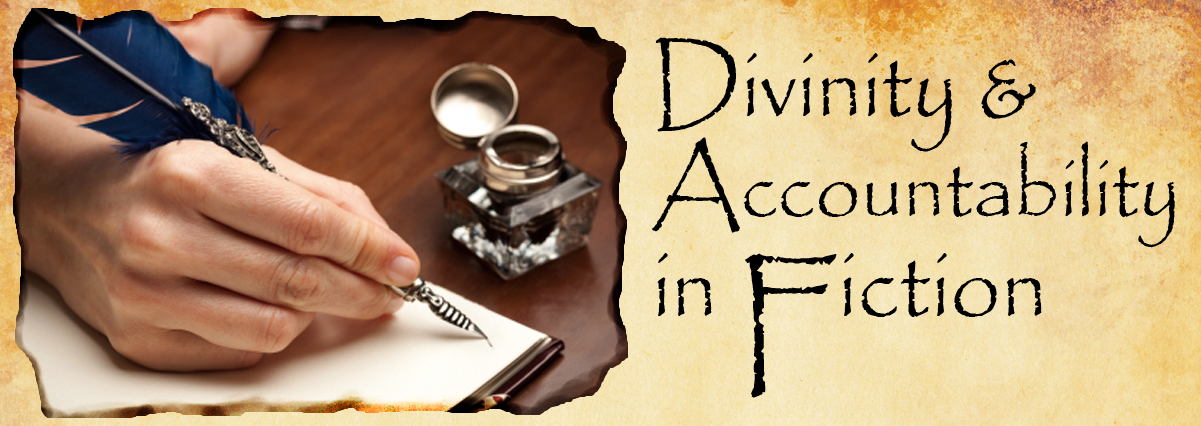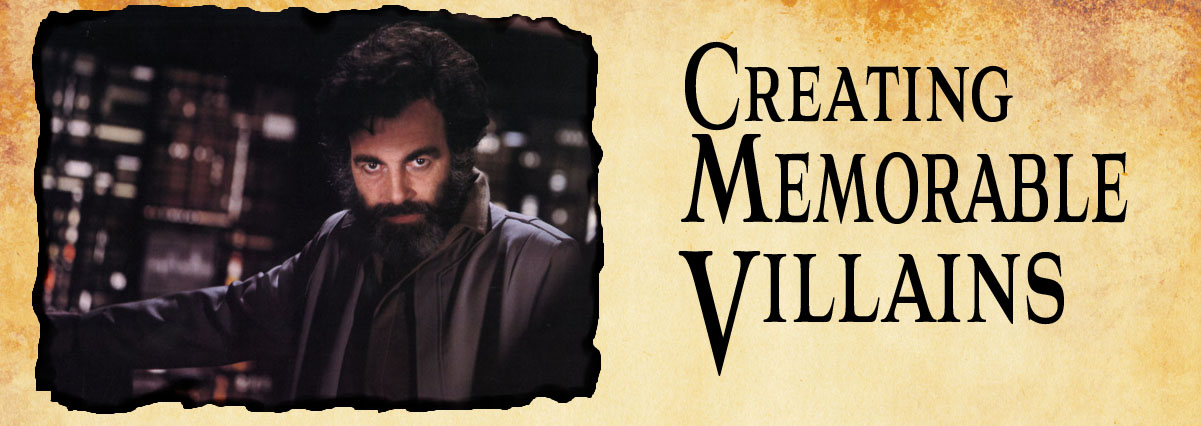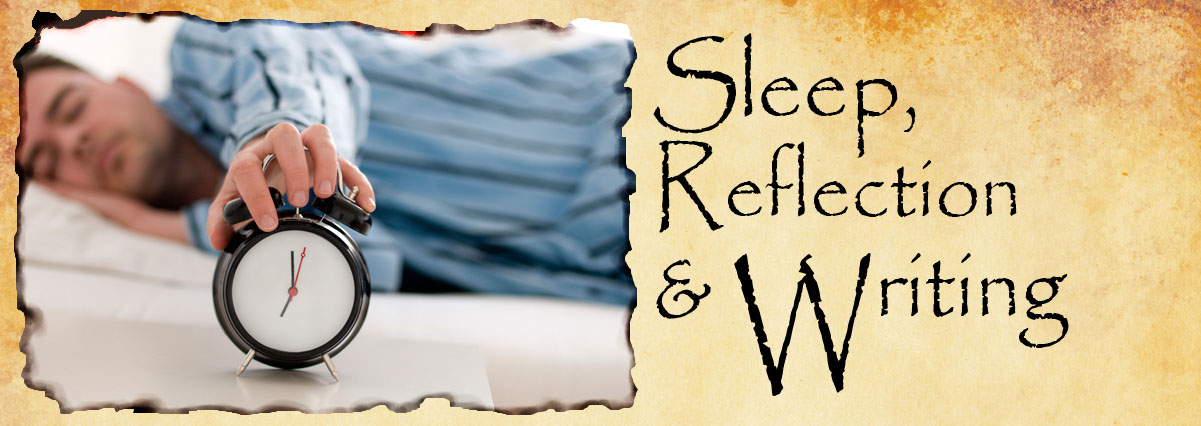How Star Wars impacted my thinking on stories
I was probably around nine years old. I remember sitting in my grandfather’s living room, my eyes glued to his television. He had an extensive collection of VHS tapes and he was fond of science fiction. That day he played Star Wars: A New Hope… and with a few swings of his lightsaber Alec Guiness convinced me that Ben Kenobi was the coolest sort of hero.
Yep, I’ve been a fan ever since! I love looking back at that moment when I saw Star Wars for the first time. I can recapture that sense of amazement experienced only in that first moment of discovery. I already loved stories. I read extensively and wrote quite a few of my own fictional pieces, yet up to that point I think space opera and fantasy had not entered my realm of creative thinking. My first brush with anything close to it had been Pilgrim’s Progress, an allegory of the Christian life that feels fantasy-ish.
In Star Wars I recognized the value of different strong personalities in story. Han Solo of course would not let anything water down his swashbuckling attitude. He opposed everyone on his team and loved everyone at the same time. Ben Kenobi took every perilous encounter in sober stride, wisely weighing the consequences of his actions and of those around him. He was feeble yet in his eyes was a playful, indomitable will. He would not be denied. Even R2D2 and C3PO possessed unique personalities that made them generationally memorable.
To my young mind these characters were the catalyst for an amazing array of story possibilities. I remember staying up late at night telling my own Star Wars spinoff stories to my brother and sister. In childish fun these spinoffs often degenerated into silliness. (I remember one particular tale where Princess Leia met up with Emperor Palpatine and turned her own powers on him, thoroughly decimating him).
Looking back I realize that all of those silly spinoffs were the continued growth of my creativity.
Star Wars stories helped me realize that storytelling has no limits except those that we place upon it. What you imagine, you can create. What you fear, you can face. What you aspire to be, you can become. Strange places that don’t even exist, you can visit.
The imagination is limitless and its power is exploration to reveal to us the elements of story that matter to us. The elements of story that define the choices we make. The characters whose interactions help us understand how we want to interact with people in real life. The characters that help us understand why we find certain people more interesting than others.
Q: How did the stories you enjoyed as a child impact the person you are today?
